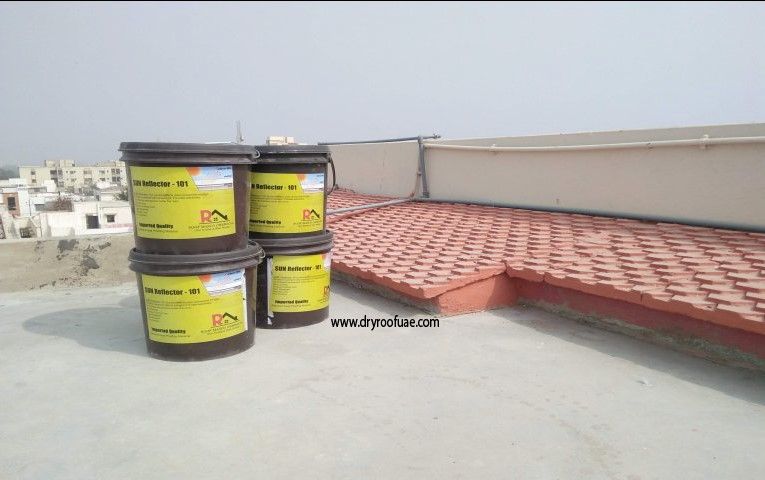
Which Is Best for Waterproofing Chemical Price?
A vital component of any construction or maintenance project. They create a protective barrier against water penetration, preventing structural damage and maintaining the integrity of buildings, infrastructure, and products.
When it comes to waterproof chemical prices, it's crucial to recognize that various factors can influence the cost. we will explore these factors waterproofing chemical price in detail to help you make cost-effective choices for your specific needs.

Types of Waterproof Chemicals
Before diving into the factors affecting prices, let's briefly discuss the different types of waterproof chemicals available in the market:
Liquid Waterproofing Membranes
Liquid waterproofing membranes are versatile and easy to apply. They form a seamless barrier that adheres to various surfaces, making them suitable for both horizontal and vertical applications.
Cementitious Waterproofing
Cementitious waterproofing compounds are cement-based and provide excellent adhesion to concrete surfaces. They are commonly used for basement waterproofing and can be applied as a slurry or mortar.
Bituminous Waterproofing
Bituminous waterproofing products are asphalt-based and highly resistant to water. They are often used for roofing and below-grade waterproofing due to their durability.
Factors Affecting Waterproof Chemical Prices
When evaluating waterproof chemical prices, several key factors come into play:
Quality and Brand
High-quality brands often come with a premium price tag. However, investing in reputable brands can guarantee the effectiveness and durability of the waterproofing solution. Cheap alternatives may save you money initially but may cost more in the long run due to potential failures.
Type of Waterproofing
The choice of waterproofing method can significantly impact costs. Liquid membranes may be more affordable for certain applications, while cementitious or bituminous solutions might be preferred for their specific benefits.
Coverage Area
The size of the area you need to waterproof directly affects the quantity of chemicals required. Larger projects will naturally have higher material costs.
Application Method
Some waterproofing methods require specialized waterproofing chemical price equipment and skilled labor for application, which can add to the overall project cost.
Market Conditions
Market dynamics, including supply and demand, can influence waterproof chemical prices. Prices may fluctuate depending on the availability of raw materials and industry trends.
Comparing Waterproof Chemical Prices
To make an informed decision, it's essential to compare prices from different suppliers and manufacturers. Requesting quotes and evaluating product specifications will help you identify cost-effective options that meet your project requirements.
Cost-Benefit Analysis
Consider the long-term benefits of waterproofing when evaluating prices. Preventing water damage can save you significant repair and replacement costs down the road. Calculate the return on investment (ROI) for your waterproofing project to determine its cost-effectiveness.
Tips for Cost-Efficient Waterproofing
Regular maintenance
Proper maintenance can extend the life of your waterproofing system, reducing the need for costly repairs.
Plan ahead
Include waterproofing in your initial project planning to avoid retrofitting, which can be more expensive.
Seek professional advice
Consult with waterproofing experts to ensure you choose the most suitable and cost-effective solution.
Conclusion
Waterproof chemical prices vary depending on factors like quality, type, coverage area, application method, and market conditions waterproofing chemical price.
To make the best choice, assess your specific needs, compare prices, and consider the long-term benefits of waterproofing. Investing in high-quality waterproofing solutions can protect your investments and save you money in the long run.